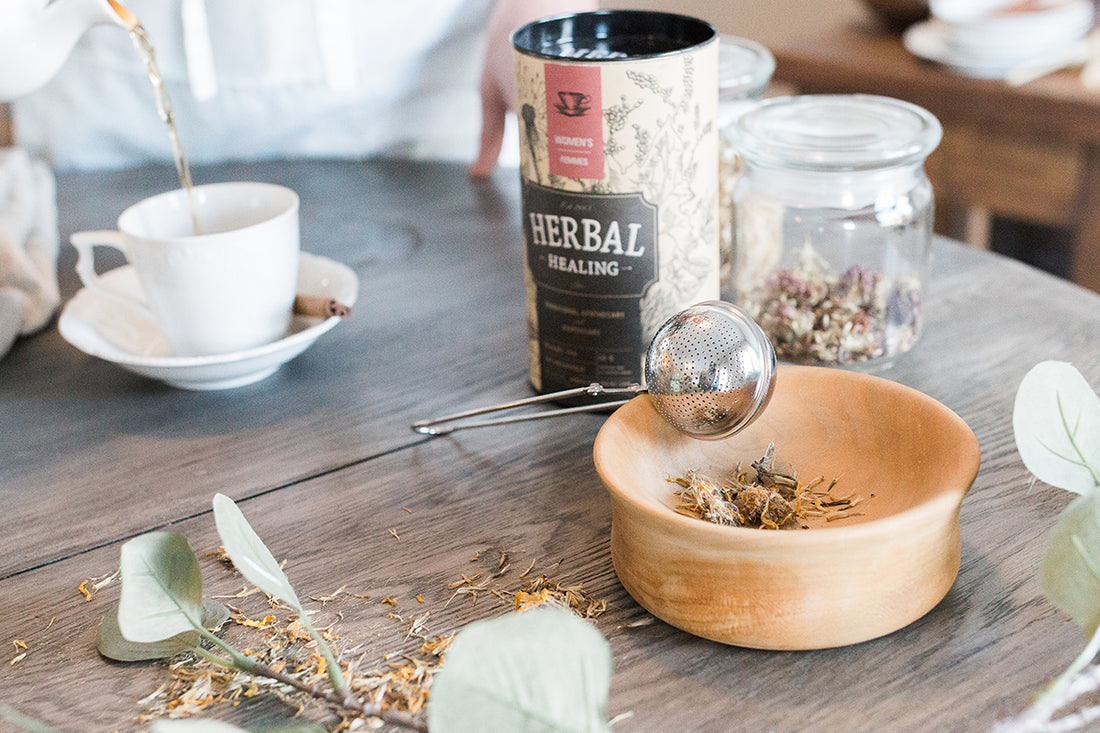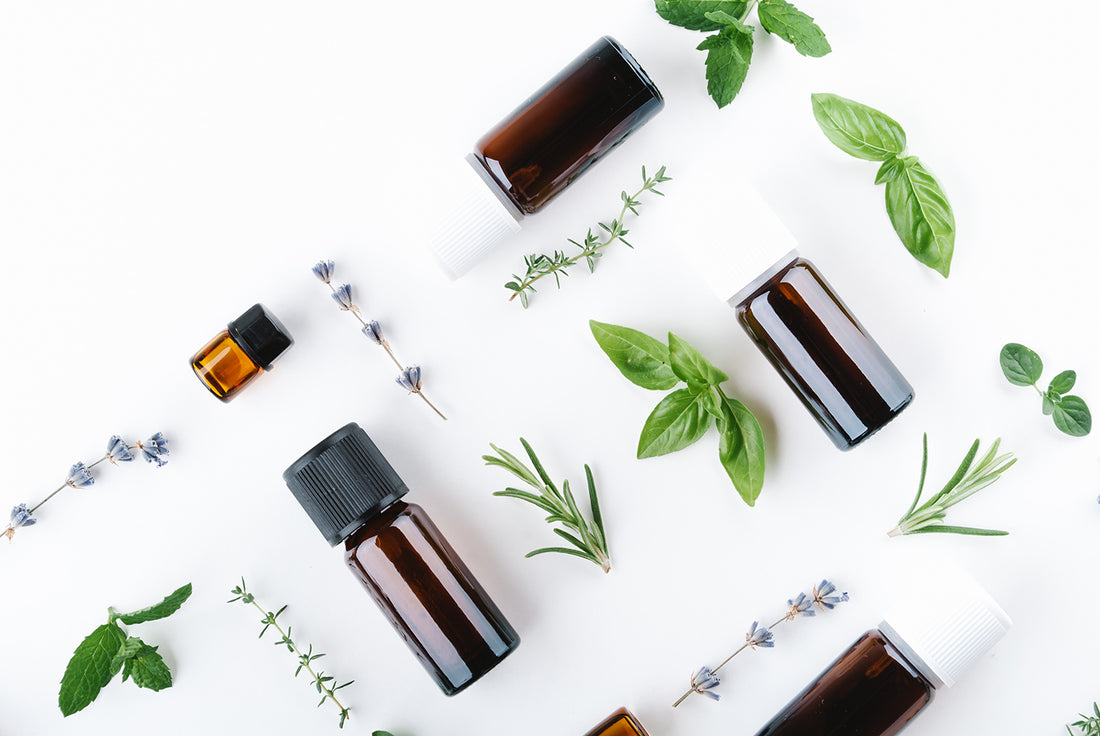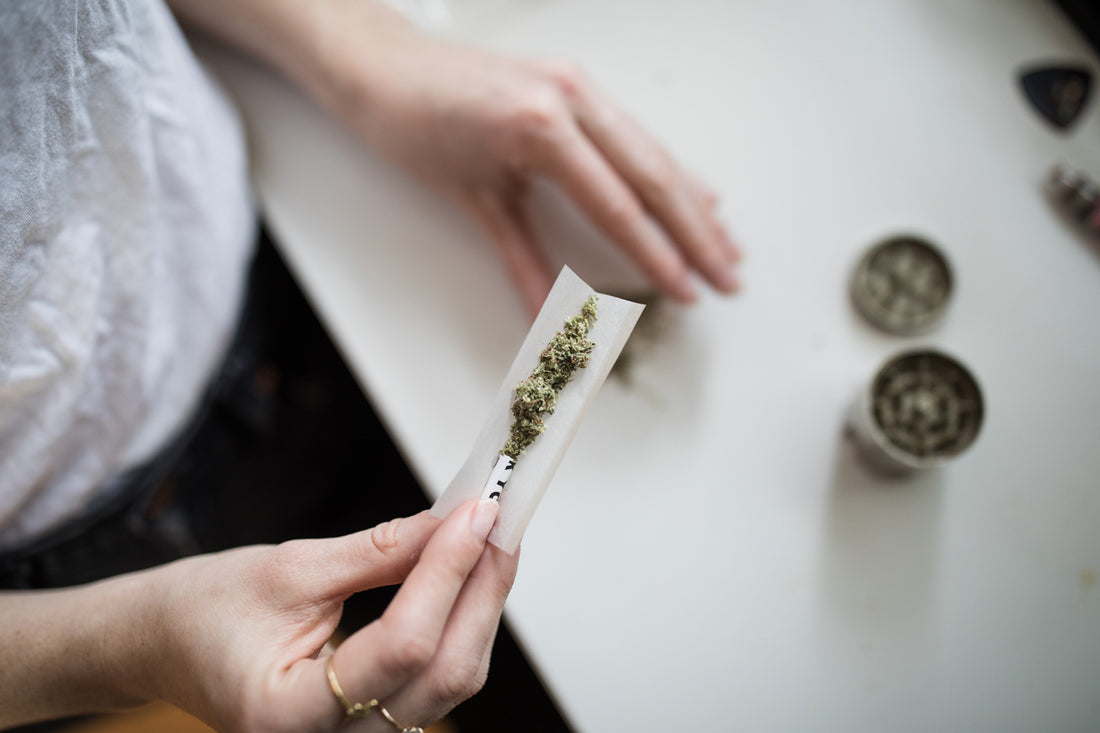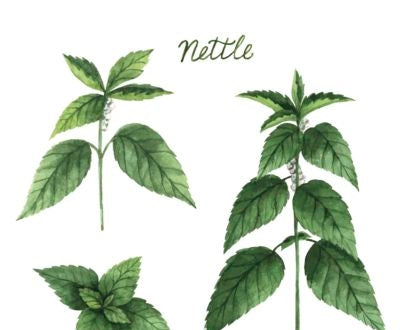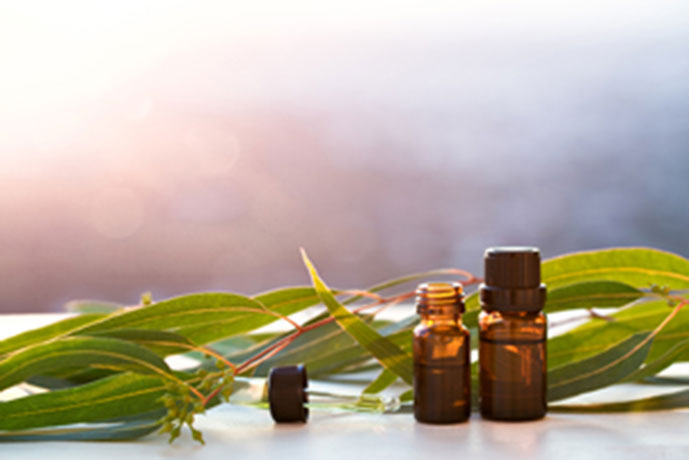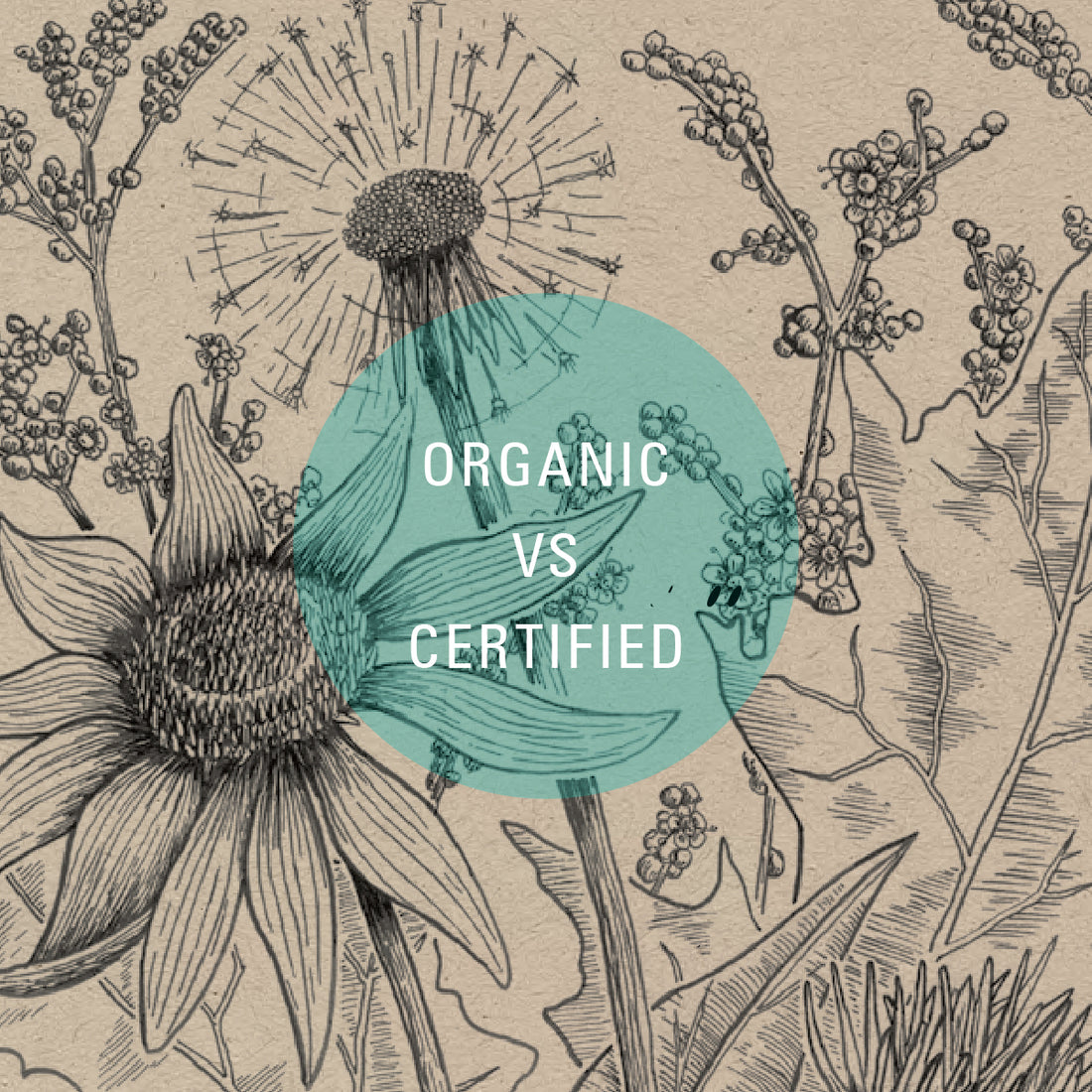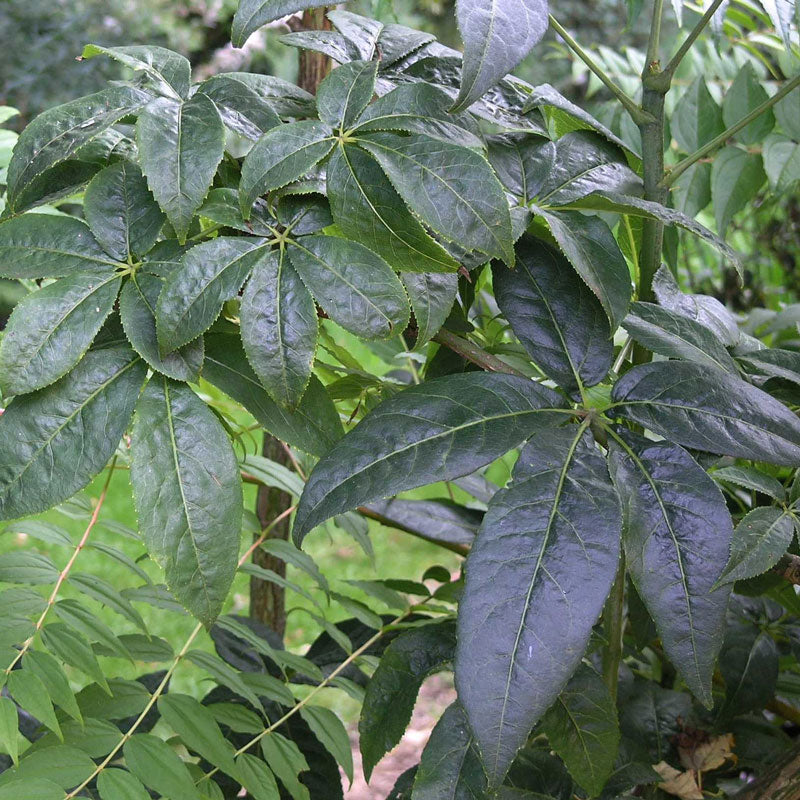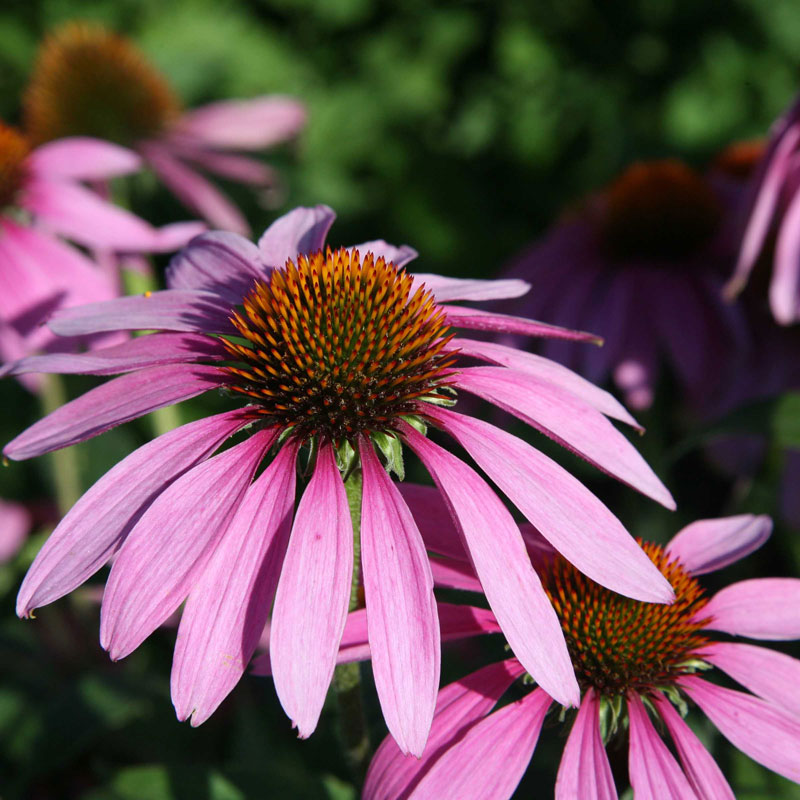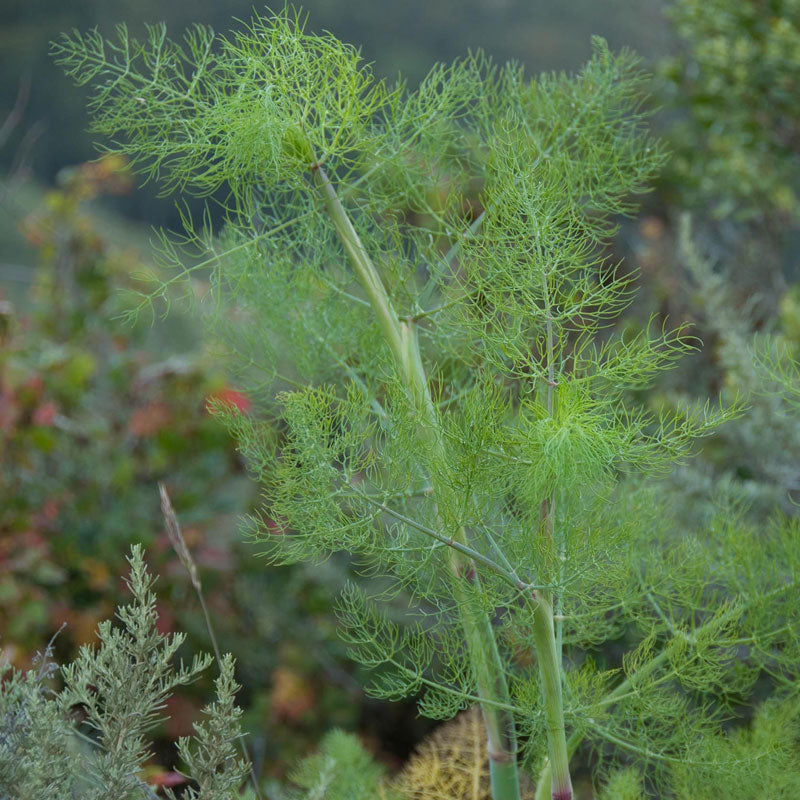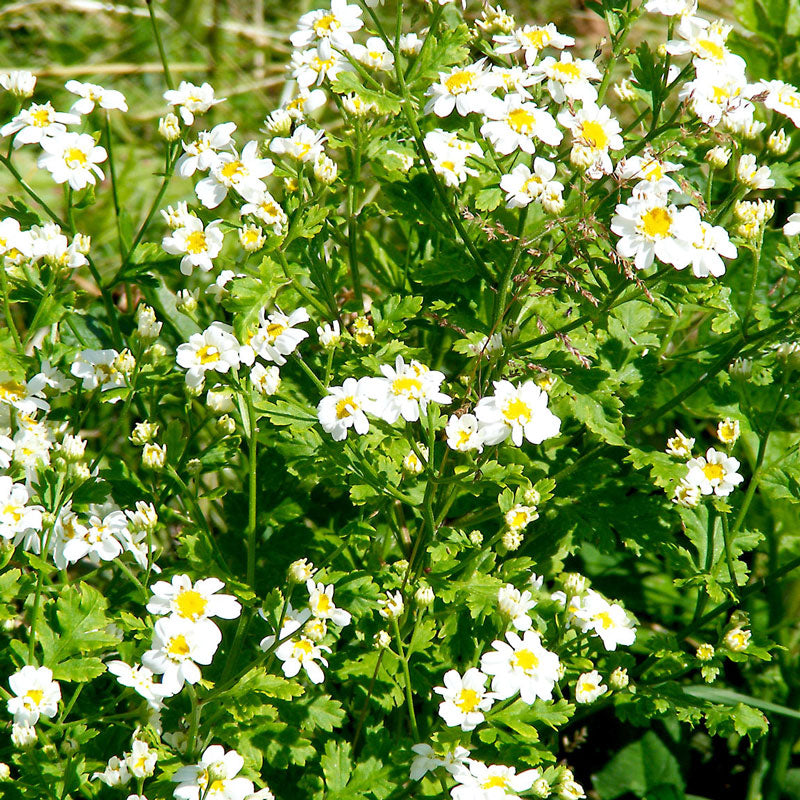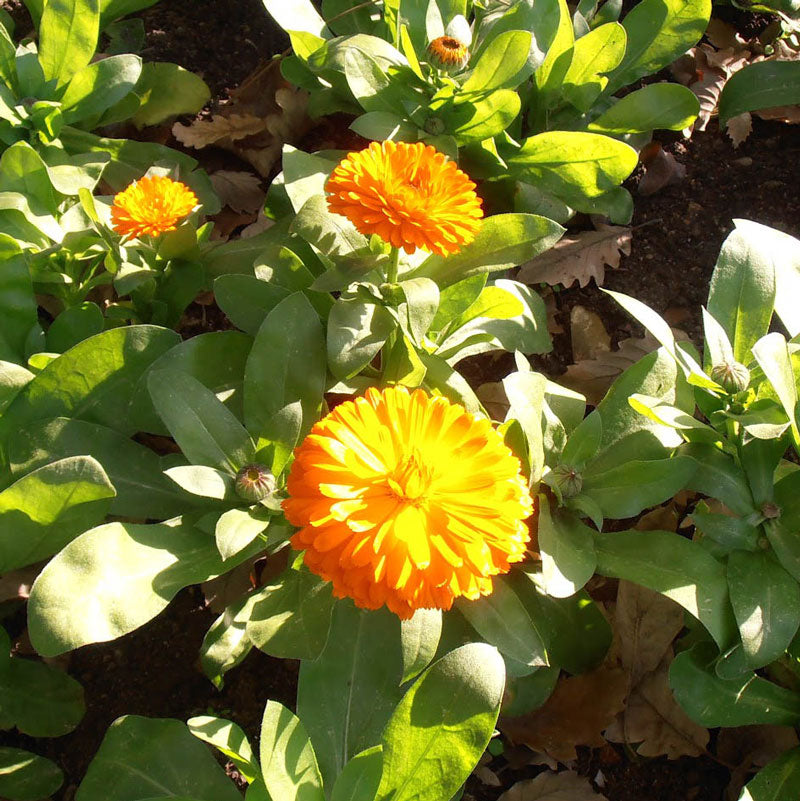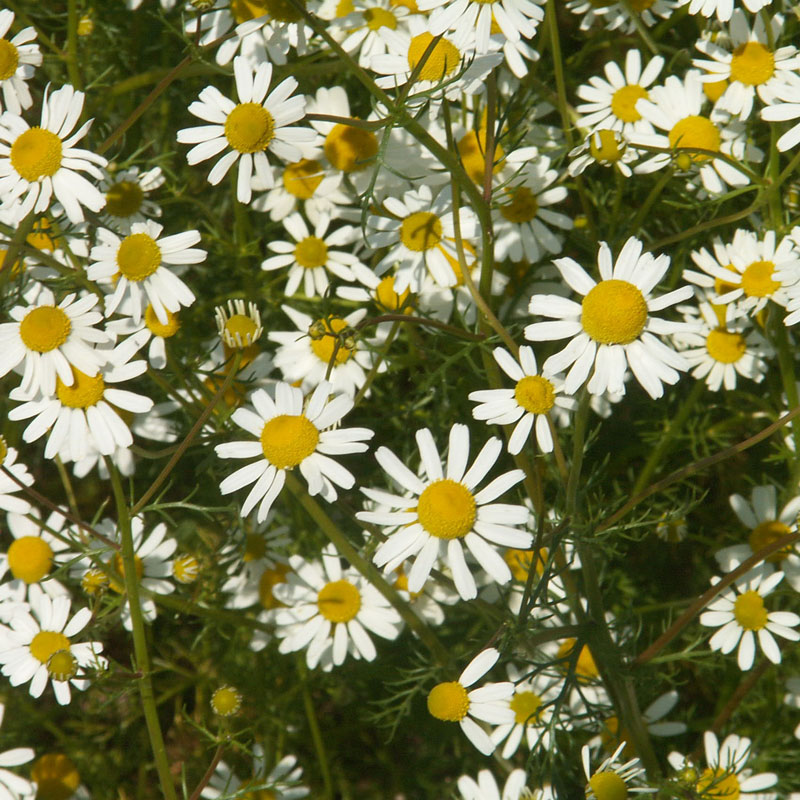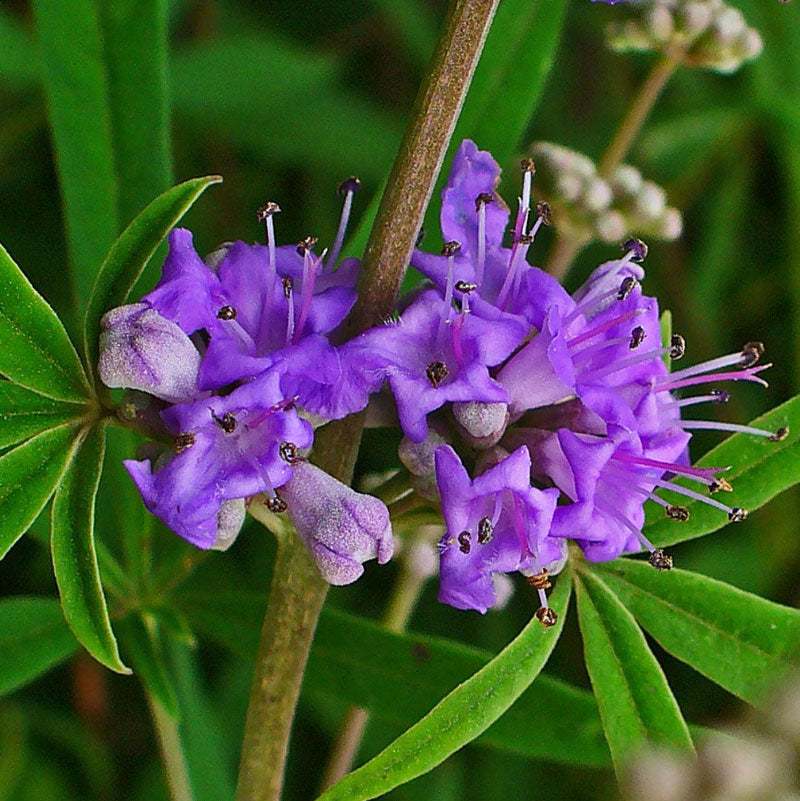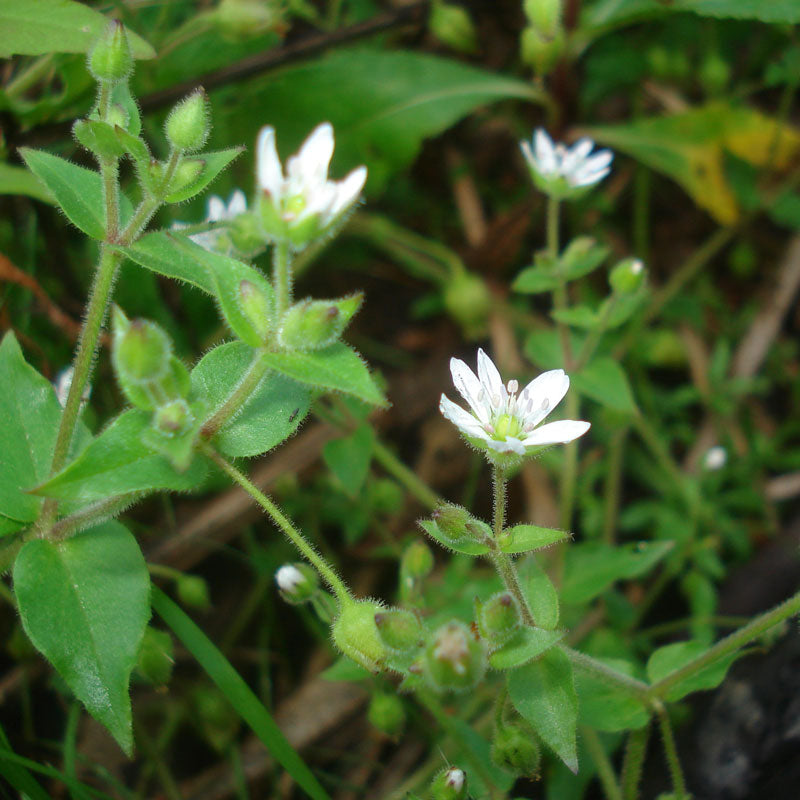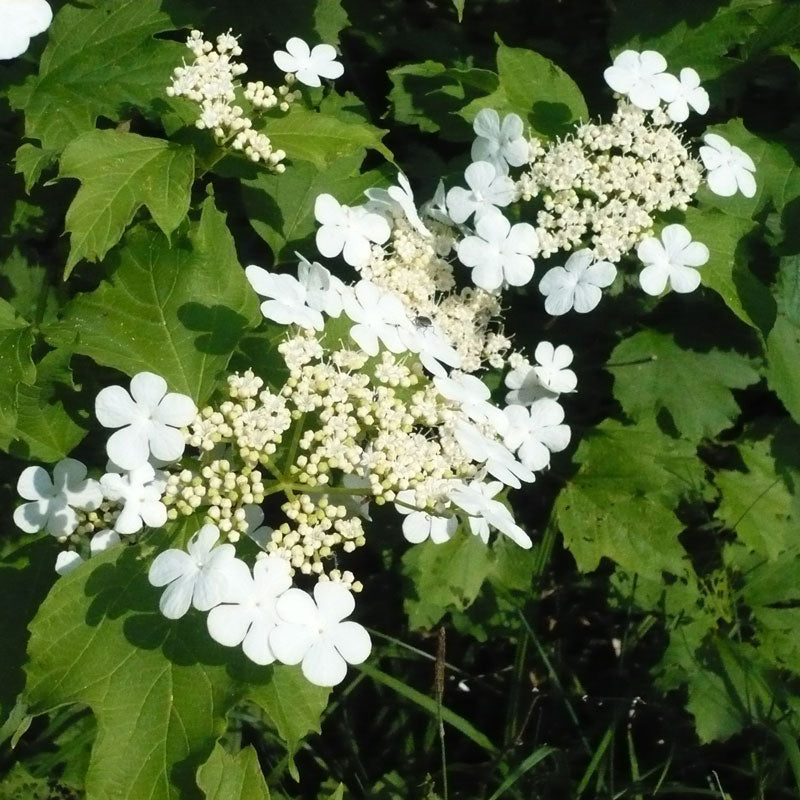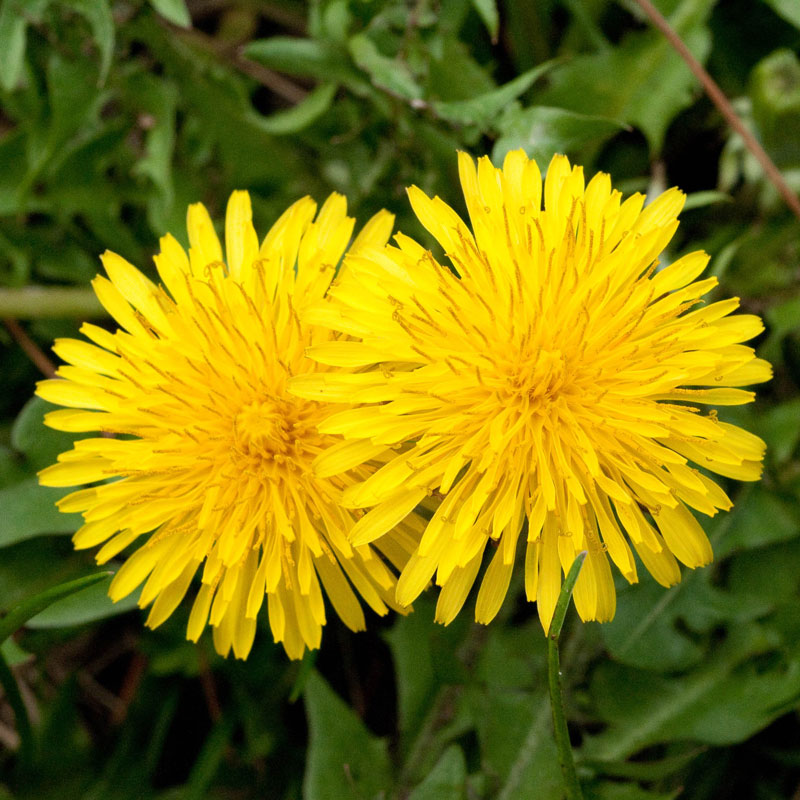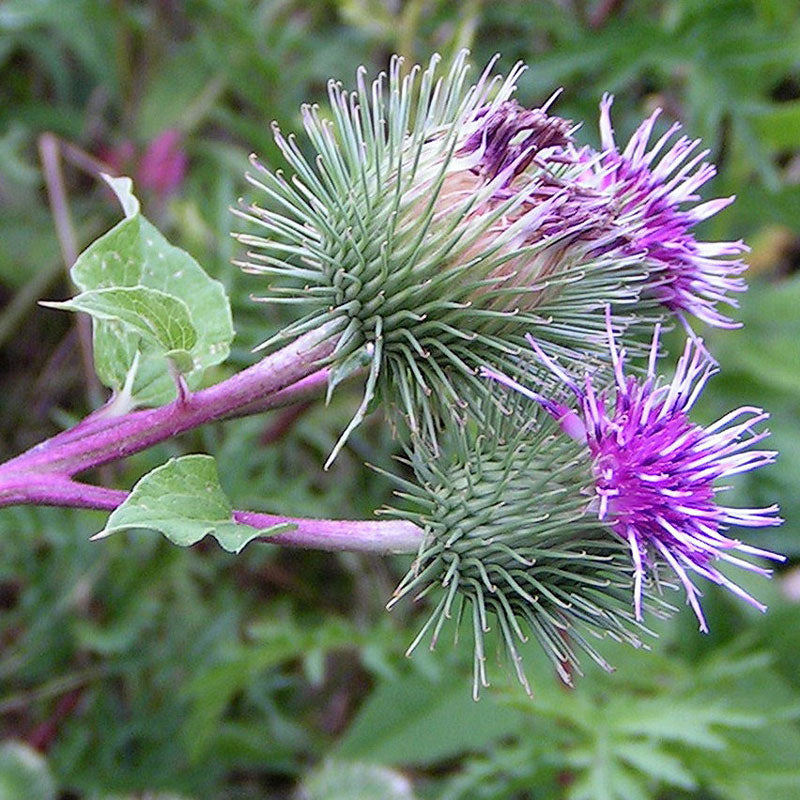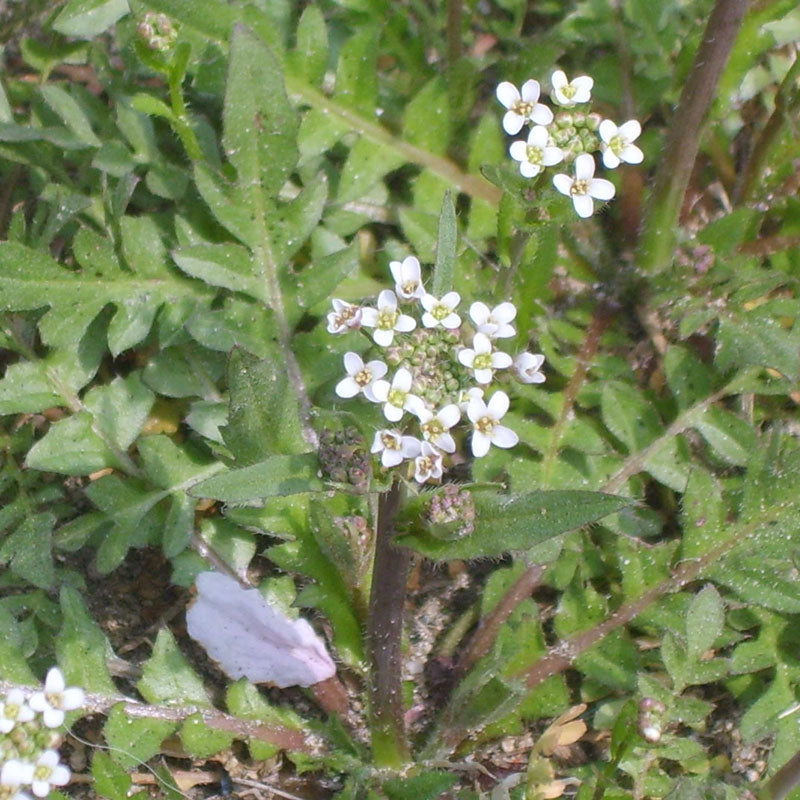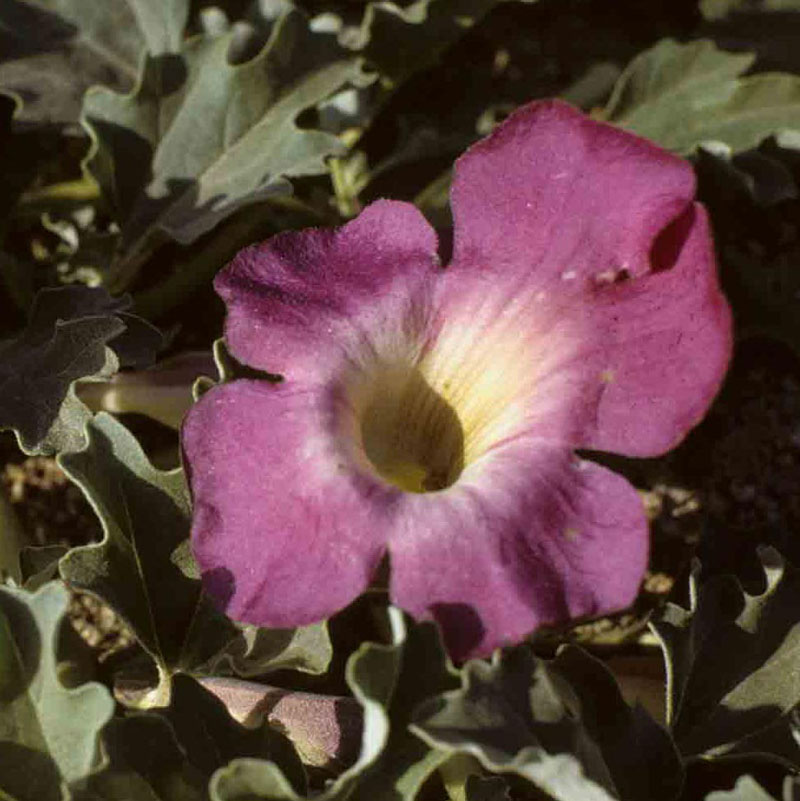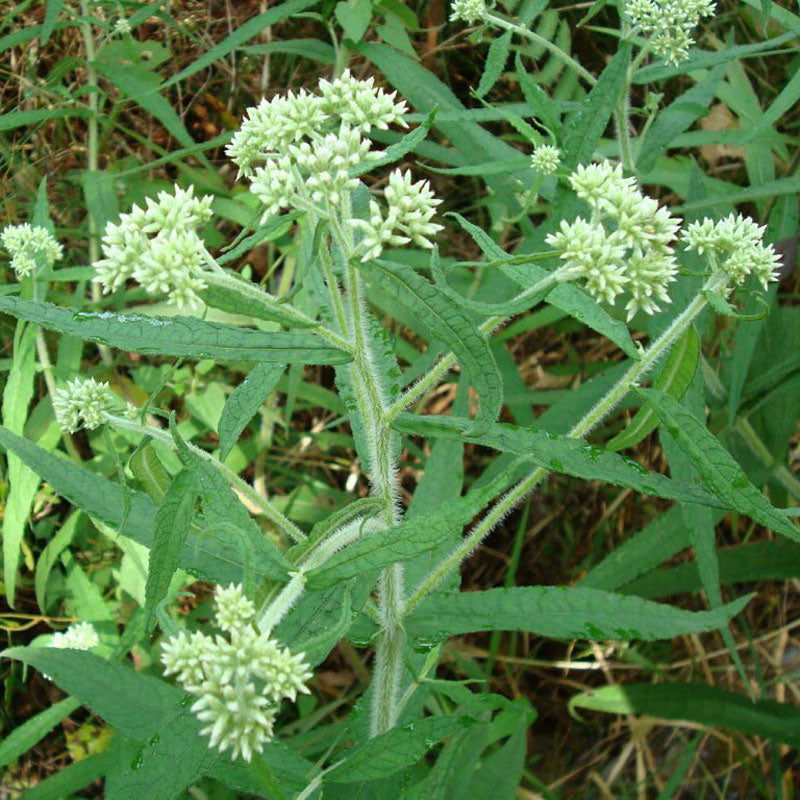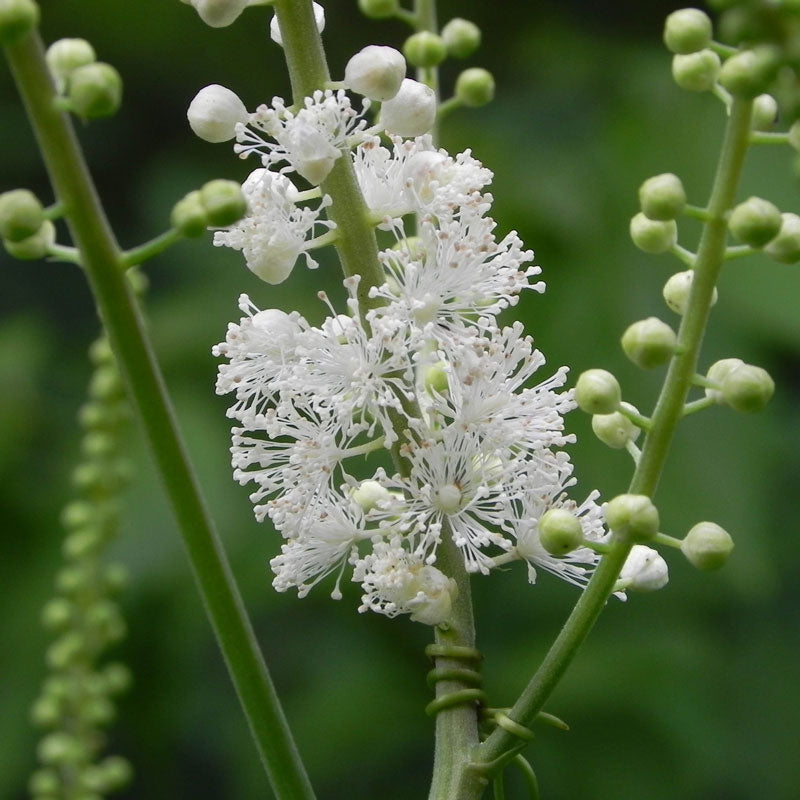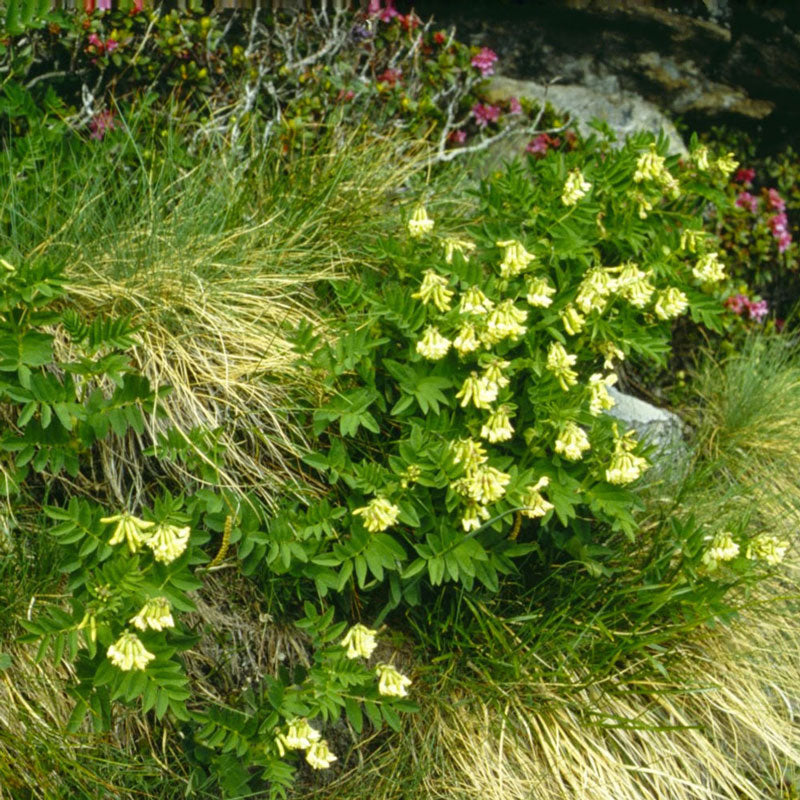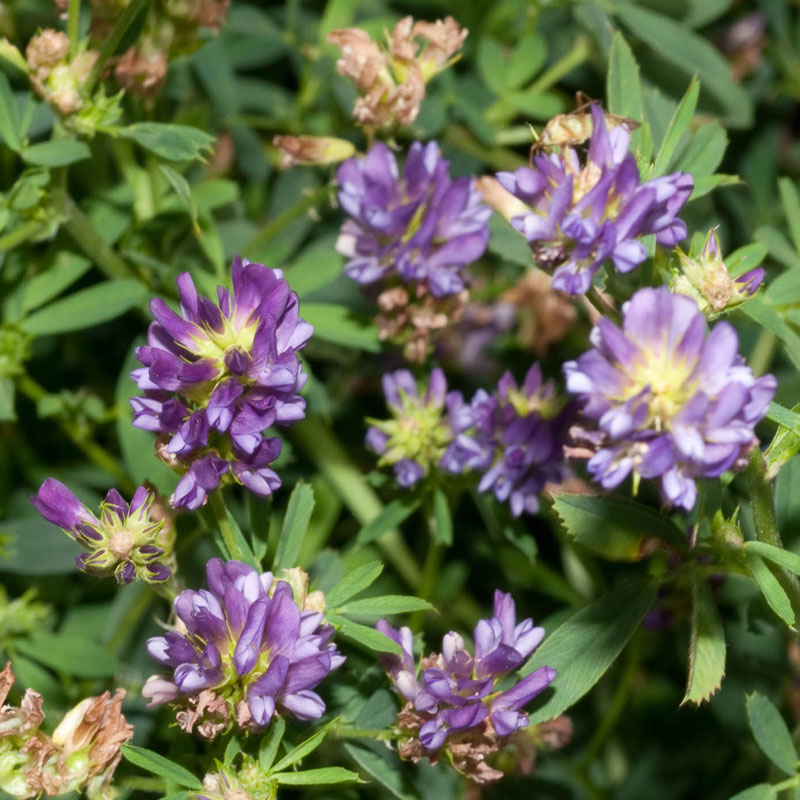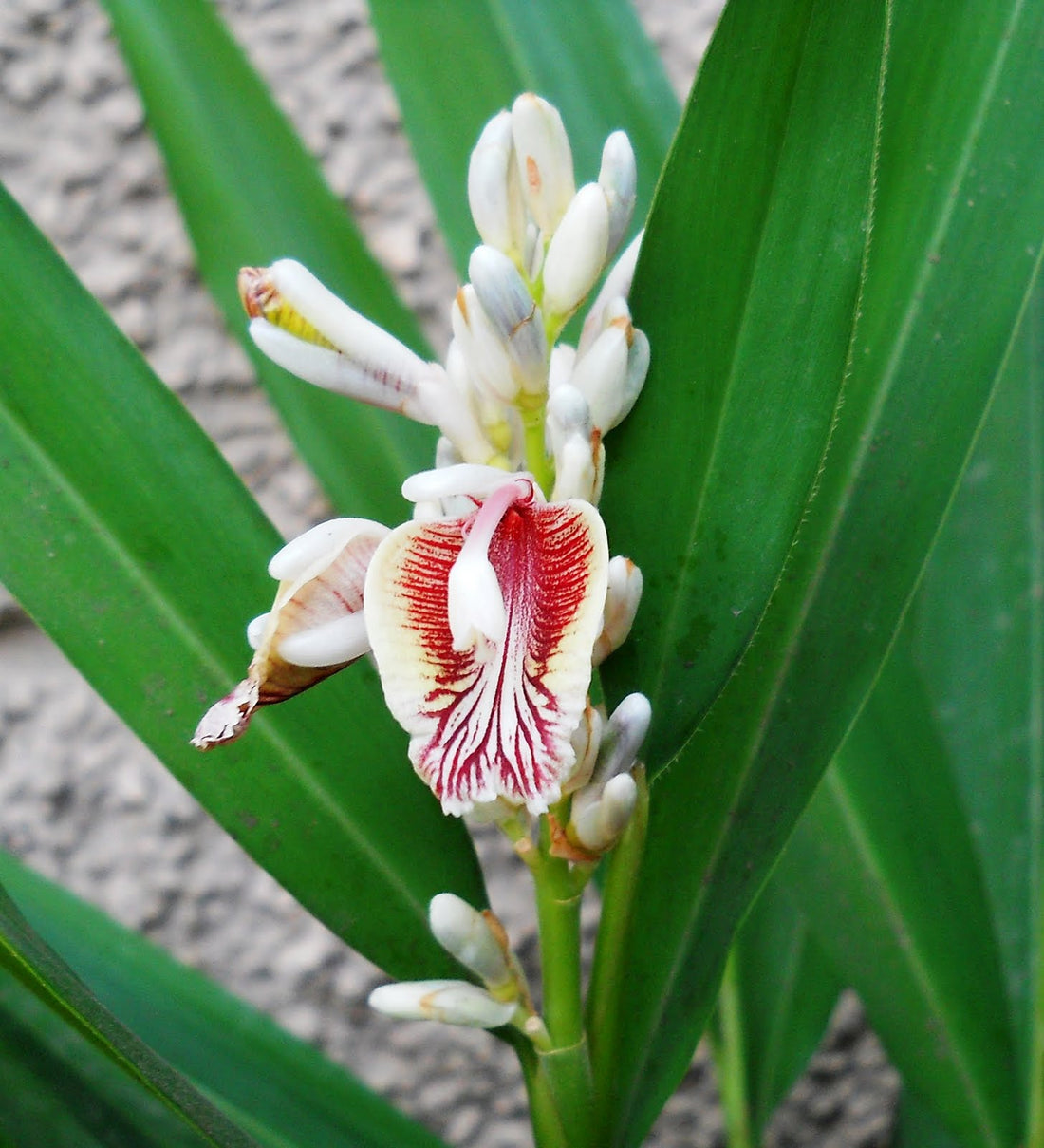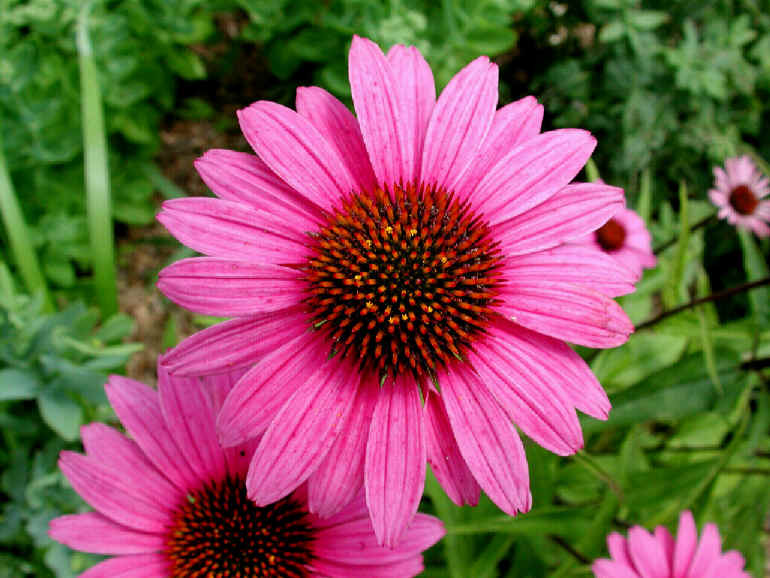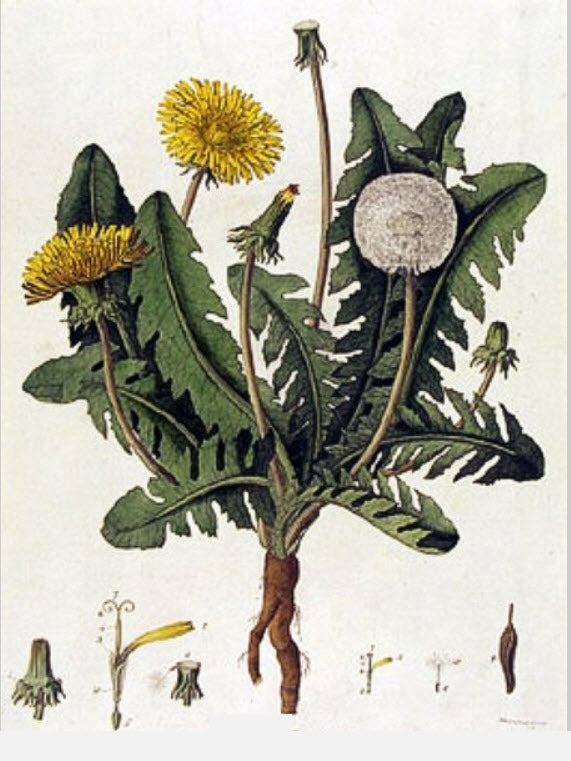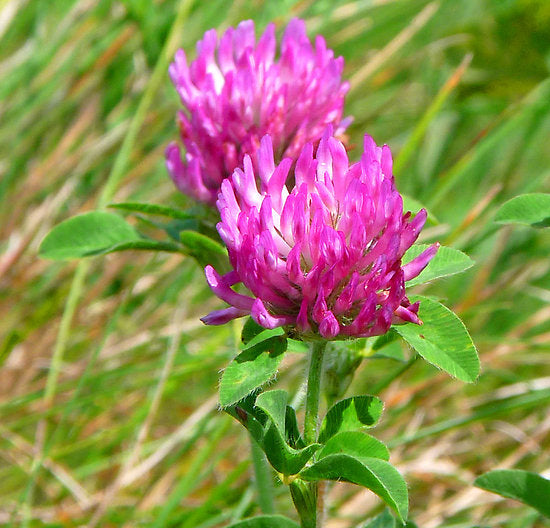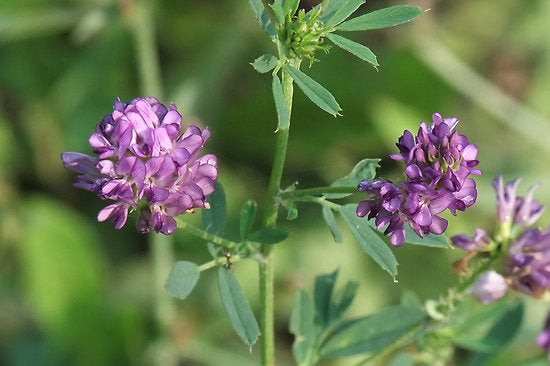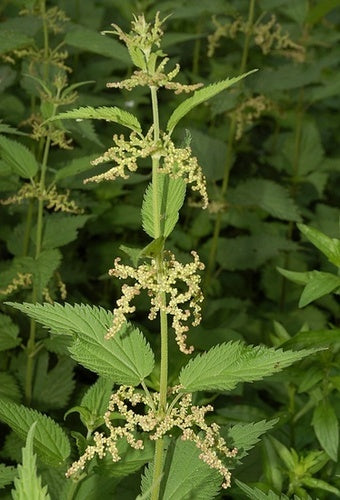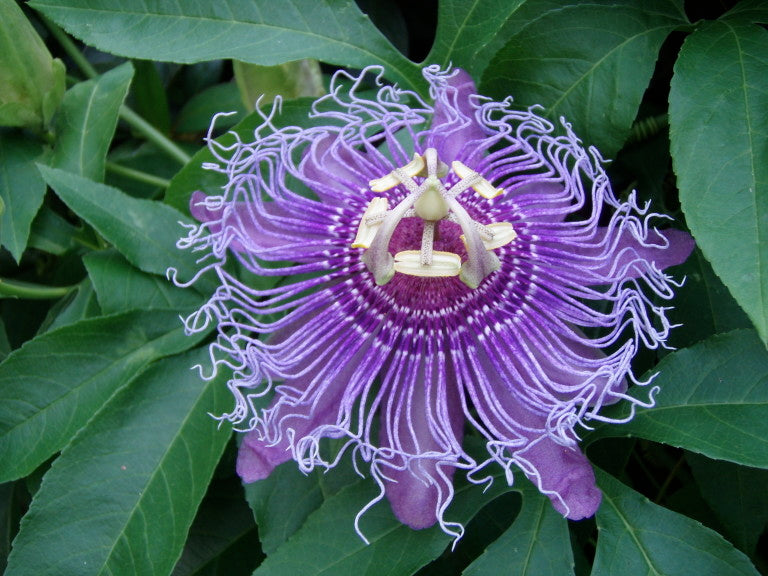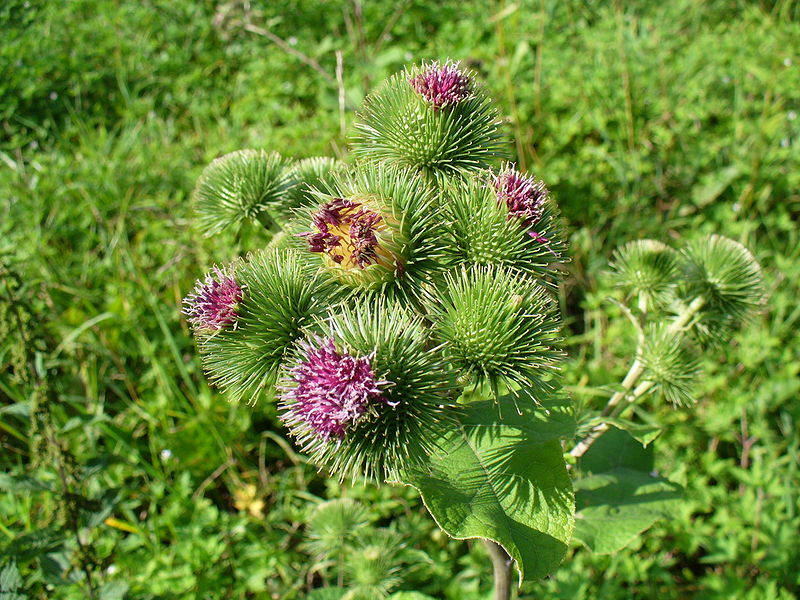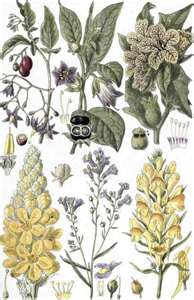APRIL HERB OF THE MONTH
Alfalfa (Medicago sativa)
Part Used: Leaf & Seed
Effective Forms: Tea, Capsule, Tincture
Alfalfa is a highly nutritive herb, rich in carotene, Vitamin K, chlorophyll, amino acids and a full spectrum of minerals and trace minerals. It yields 20,000 - 40,000 units of Vitamin K to every 100 grams and is therefore a useful preventative of high blood pressure. It yields 10 times more mineral value than average grains. Alfalfa's roots penetrate subsoil as far as 125 feet, thus enabling it to absorb vital mineral nutrients beyond the reach of other vegetation.
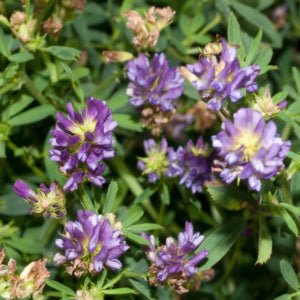 It offers an effective aid to cover a wide range of diverse conditions and ailments because of its vitality and nutrient properties which are balanced for complete absorption.
It offers an effective aid to cover a wide range of diverse conditions and ailments because of its vitality and nutrient properties which are balanced for complete absorption.
Alfalfa is a sweet, astringent, cooling herb that cleanses toxins from the tissues, controls bleeding, stimulates appetite, lowers cholesterol levels, and is a diuretic. It acts mainly on the circulatory and urinary systems and influences hormones.
Alfalfa's primary uses are support for arthritis, rheumatism and osteoporosis; to stimulate removal of inorganic mineral deposits from the blood and as a blood clotting agent in counteracting haemorrhage and internal bleeding form ulcers. It may be used for debility in convalescence or anaemia, menopausal complaints, premenstrual tension, fibroids, and other conditions indicating hormonal imbalance.
Alfalfa is useful for indigestion and related problems such as colitis. It aids in reducing blood sugar levels and is beneficial in the prevention of tooth decay.
Capsules: 2 three times daily
Tea: Infuse 1 teaspoon (2 g) in cup of boiling water. Infuse 5-10 minutes and drink freely.
Tincture: Dose 5-10 ml in water, daily.
Combinations: For skin problems, Red Clover combines well with Yellow Dock and Nettles.
Culinary: Leaves are eaten raw or cooked as a vegetable, and seeds are sprouted for use in salads, giving a sweet, pea-like flavour.
CAUTION: Not given to patients with auto-immune diseases.
Alfalfa is in Osteo and Vitality teas.
Part Used: Leaf & Seed
Effective Forms: Tea, Capsule, Tincture
Alfalfa is a highly nutritive herb, rich in carotene, Vitamin K, chlorophyll, amino acids and a full spectrum of minerals and trace minerals. It yields 20,000 - 40,000 units of Vitamin K to every 100 grams and is therefore a useful preventative of high blood pressure. It yields 10 times more mineral value than average grains. Alfalfa's roots penetrate subsoil as far as 125 feet, thus enabling it to absorb vital mineral nutrients beyond the reach of other vegetation.
 It offers an effective aid to cover a wide range of diverse conditions and ailments because of its vitality and nutrient properties which are balanced for complete absorption.
It offers an effective aid to cover a wide range of diverse conditions and ailments because of its vitality and nutrient properties which are balanced for complete absorption.Alfalfa is a sweet, astringent, cooling herb that cleanses toxins from the tissues, controls bleeding, stimulates appetite, lowers cholesterol levels, and is a diuretic. It acts mainly on the circulatory and urinary systems and influences hormones.
Alfalfa's primary uses are support for arthritis, rheumatism and osteoporosis; to stimulate removal of inorganic mineral deposits from the blood and as a blood clotting agent in counteracting haemorrhage and internal bleeding form ulcers. It may be used for debility in convalescence or anaemia, menopausal complaints, premenstrual tension, fibroids, and other conditions indicating hormonal imbalance.
Alfalfa is useful for indigestion and related problems such as colitis. It aids in reducing blood sugar levels and is beneficial in the prevention of tooth decay.
Dosage
Capsules: 2 three times daily
Tea: Infuse 1 teaspoon (2 g) in cup of boiling water. Infuse 5-10 minutes and drink freely.
Tincture: Dose 5-10 ml in water, daily.
Combinations: For skin problems, Red Clover combines well with Yellow Dock and Nettles.
Culinary: Leaves are eaten raw or cooked as a vegetable, and seeds are sprouted for use in salads, giving a sweet, pea-like flavour.
CAUTION: Not given to patients with auto-immune diseases.
Alfalfa is in Osteo and Vitality teas.

